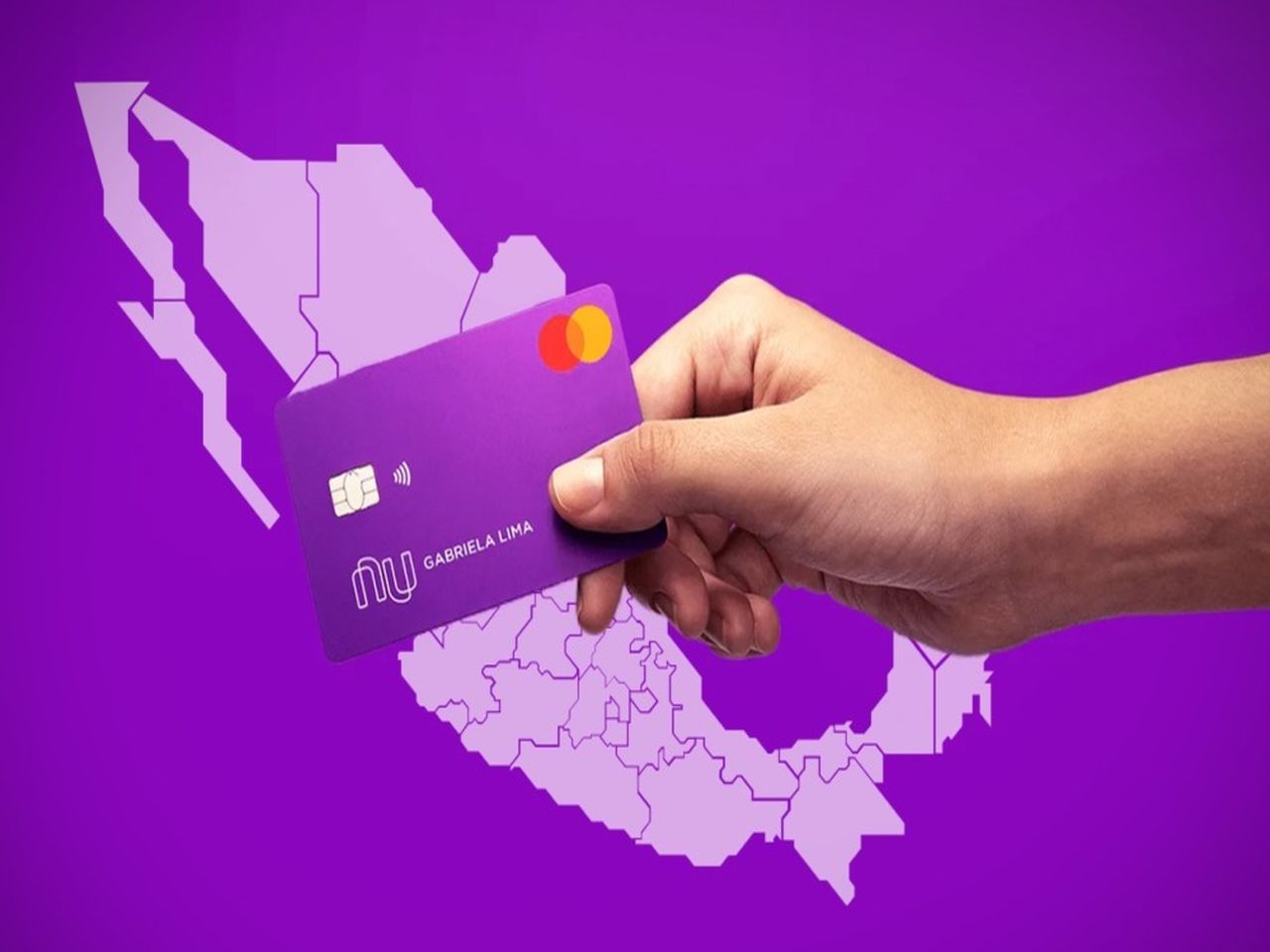Ultimate Guide for Finding the Best Emergency Loans
Introduction
Life often throws unexpected challenges our way, and when financial emergencies strike, having access to ‘Emergency Loans’ can be a lifeline. In this article, we’ll explain emergency loans. how they function, and how they may help you. Join us as we shed light on these financial tools designed to help you navigate through life’s unforeseen hurdles with confidence and resilience.
Definition
“Emergency loans are financial arrangements designed to provide quick access to funds during unexpected and urgent situations. These loans are typically for covering immediate and essential expenses like medical bills, car repairs, or unforeseen household costs. They handle unexpected financial issues temporarily. Banks, credit unions, internet lenders, and employer-based emergency assistance programs provide emergency loans. Borrowers usually need to repay these loans within a specific period, and interest rates and terms can vary depending on the lender and the borrower’s creditworthiness.
Best Types of Emergency Loans
Here are the best types of Emergency Loans:
- Emergency Personal Loans
- Personal Loans from Banks or Credit Unions
- Online Lenders
- Payday Alternative Loans (PALs)
- Credit Card Cash Advances
- Peer-to-Peer (P2P) Lending
- Emergency Savings or Rainy-Day Fund
- 401(k) or Retirement Account Loan
- Family and Friends
Emergency Personal Loans
Emergency personal loans are a type of borrowing specifically designed to provide quick access to funds during unexpected financial crises. They are typically unsecured and can be obtained from various financial institutions.
Personal Loans from Banks or Credit Unions
These are standard personal loans offered by traditional banks and credit unions. They usually have set interest rates and periods and may be used for emergencies.
Online Lenders
Online lenders are financial institutions or platforms that provide loans via the Internet. They offer convenience and speed in accessing funds and can include various types of loans, including personal loans.
Payday Alternative Loans (PALs)
PALs are short-term loans offered by some credit unions as a more affordable alternative to traditional payday loans. They usually have lower interest rates and more reasonable terms.
Credit Card Cash Advances
A credit card cash advance is a service that allows cardholders to withdraw cash from their credit card, which can be helpful in emergencies. However, it often comes with high-interest rates and fees.
Peer-to-Peer (P2P) Lending
P2P lending platforms connect individual investors with borrowers. Borrowers can request personal loans from these investors, often with varying interest rates based on creditworthiness.
Payday Alternative Loans (PALs)
Emergency savings, also known as a rainy-day fund, is money set aside in advance to cover unexpected expenses or financial emergencies. It serves as a financial safety net.
401(k) or Retirement Account Loan
This involves borrowing money from your retirement savings, like a 401(k) account. Failure to repay the loan might have tax consequences.
Family and Friends
Financial emergencies like medical bills, auto repairs, or house maintenance may be stressful. In such situations, finding the best emergency loan can provide the financial relief you need. This detailed guide will help you choose and get the finest emergency loans for your circumstances.
Finding the Best Emergency Loans
Financial emergencies like medical bills, auto repairs, or house maintenance may be stressful. In such situations, finding the best emergency loan can provide the financial relief you need. This detailed guide will help you choose and get the finest emergency loans for your circumstances.
Assess Your Financial Situation
Assess your finances before applying for an emergency loan. Determine the exact amount you need: Calculate the precise amount required to cover your emergency expenses, including any fees or additional costs. Review your budget: Examine your monthly income and expenses to understand how much you can afford to borrow and repay comfortably.
Understand the Types of Emergency Loans
There are various types of emergency loans available, and it's essential to know your options. Unsecured loans with fixed interest rates and repayment terms. Short-term, high-cost loans are typically due on your next payday. Loans are repaid over a set period, with fixed monthly payments. Accessible lines of credit you can use for emergencies. Borrow from loved ones, but handle this option carefully to avoid straining relationships.
Compare Lenders and Loan Options
To find the best emergency loan, you should compare different lenders and loan options. Contact your bank or local credit union to inquire about personal loans and lines of credit. Explore reputable online lenders known for offering competitive rates and quick approvals. Platforms that connect borrowers with individual investors may offer flexible terms. Investigate lending options for those with less-than-perfect credit, such as online payday lenders.
Consider Interest Rates and Terms
When evaluating emergency loans, consider some important factors. Seek the lowest possible interest rates to minimize the cost of borrowing. Interest rates typically depend on credit scores. Choose a loan term that aligns with your budget and financial goals. Longer terms may have lower monthly payments but could cost more in interest over time. Read the fine print to identify any origination fees, prepayment penalties, or late fees associated with the loan.
Check Eligibility Requirements
You must fulfill your lender's eligibility conditions for your loan. Understand the minimum credit score needed for approval and work on improving your credit if necessary. Be prepared to provide proof of a stable income source. Some lenders may require a certain length of employment.
Read Reviews and Verify Credibility
Research and verify the credibility of the lender. Look for customer reviews and testimonials to gauge the lender's reputation. Ensure the lender is licensed and accredited by relevant authorities. Reach out to the lender's customer support with any questions or concerns to assess their responsiveness and professionalism.
Apply for Pre-Approval
Before committing to a specific loan, consider applying for pre-approval. Pre-approval gives you a better understanding of your loan options and the interest rates you may qualify for without a hard credit inquiry. Consider obtaining pre-approvals from multiple lenders to compare offers.
Review and Sign the Loan Agreement
Once you receive loan offers, carefully review the loan agreements. Ensure you understand all terms, including the interest rate, repayment schedule, and any associated fees. Don't hesitate to ask the lender for clarification on any terms or conditions you find unclear. After a thorough review, sign the loan agreement only if you are comfortable with the terms.
Receive Funds and Manage Repayments
After loan approval, the lender will disburse the funds. Utilize the funds exclusively for your emergency expenses to avoid additional financial strain. Make sure your repayment plan fits your budget and guarantees timely payments to avoid penalties.











